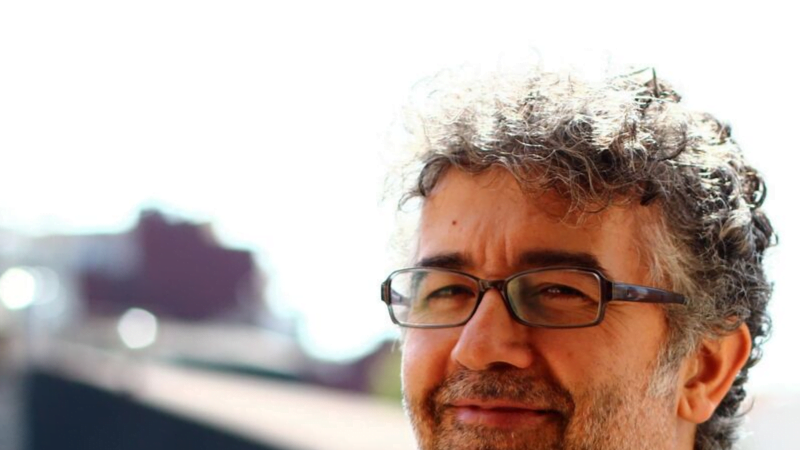Seventeen press freedom and human rights NGOs have issued a joint statement in support of Erol Önderoğlu and have called on the Turkish government to drop the charges.
On 3 February, the 13th Istanbul Court of Serious Crimes began the retrial of Önderoğlu, editor of independent news website Bianet, and the Turkey representative of Reporters without Borders (RSF).
Önderoğlu and two co-defendants, human right defender Şebnem Korur Fincancı and the writer and journalist Ahmet Nesin, were arrested in June 2016 and charged with “propagandising for a terrorist organisation” and “openly inciting to commit crimes” as well as “praising the crime and the criminal” because, in a show of support for media pluralism, they each took turns in symbolically editing the Kurdish newspaper Özgür Gündem for a day in May of that same year.
Today, we join 17 orgs in support of our colleague @ErolOnderoglu who faces trial on unjust charges tomorrow. We call on Turkish authorities to drop all charges against him & his co-defendants & to stop persecuting journalists https://t.co/230a4dQJhe #FreeErol #FreeTurkeyMedia 👇
— IFEX (@IFEX) February 2, 2021
Many other journalists and press freedom activists had participated in the newspaper’s solidarity campaign and since then, the Turkish authorities questioned all those who took part and filed at least 38 “terrorist propaganda” charges.
Önderoğlu, Korur Fincancı and Nesin were acquitted in 2019 but government prosecutors appealed the decision. In July 2019, the appeal court did not accept the argument that their editorial roles were purely symbolic and on 20 October last year overturned the first court’s decision.
If convicted, the defendants could face up to 14 years in prison.

Erol Önderoğlu (third from left) at the launch of the 2019 World Press Freedom Index at the Bloomberg building in London with The Shift’s founder Caroline Muscat (right), Rebecca Vincent (RSF UK Bureau Head), and John Fraher from Bloomberg.
The statement signed by the 17 press freedom and human rights NGOs calls on the government to drop the charges against the three defenders and denounces Turkey’s relentless judicial persecution of journalists and independent voices describing how:
“The retrial of this tireless free speech advocate is a dreadful illustration of the witch hunt waged by President Erdoğan’s government against its media critics. Currently, Turkey is Europe’s biggest jailer of professional journalists, and the few remaining independent media outlets are continuously harassed and marginalised, while detained journalists and closed media are denied any effective legal recourse.”
Turkey ranks 154 out of 180 in Reporters Without Border’s 2019 press freedom index, and a figures-based overview of the country’s press freedom shows the extent of President Recep Tayyip Erdogan’s crackdown ever since the failed coup of 2016.
These include more than 200 journalists and media workers imprisoned over five years, 63 “lèse-majesté” convictions since Erdoğan was elected president in August 2014, and 139 physical attacks on journalists in five years -18 in 2020 alone. Some 160 media outlets have been forced to close, and pro-government businesses now control 90% of all media outlets.
In December last year, a Turkish court sentenced journalist Can Dündar to more than 27 years in prison, ostensibly for supporting terrorism and military and political espionage. The sentence, one of the longest ever handed to a journalist, was delivered in the absence of Dündar, who has been living in exile in Germany since 2016. Reporters Without Borders (RSF) condemned what it described as an “insane decision” by a Turkish court.












